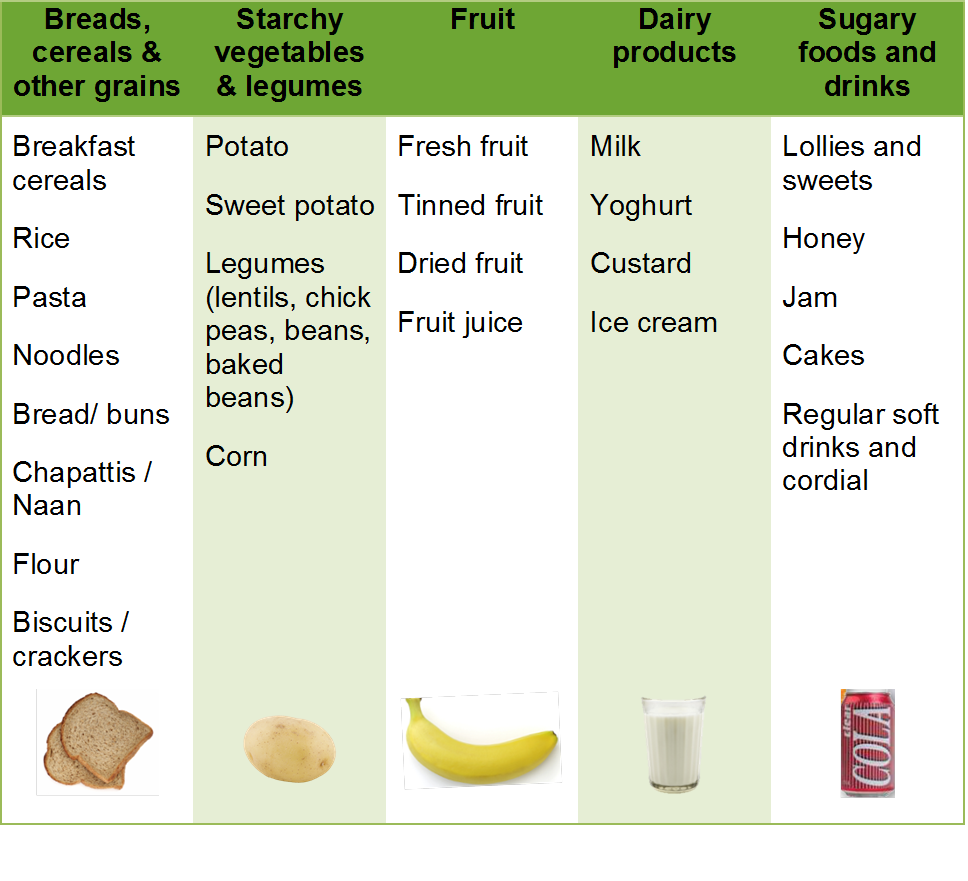
A healthy lifestyle is an ideal way to live. Healthy living is defined by healthy habits and smart choices. The American Heritage Dictionary defines healthy lifestyle as: "A person's overall attitude, values, or practices that promote social, physical, and mental well-being." A healthy lifestyle includes eating healthily, getting enough rest, and being physically active. An individual's lifestyle defines their worldview. A healthy lifestyle is good for your mental and physical health.
You can make small changes to your daily routine to be healthy. You can make small changes in your daily routine to improve your health, such as adding fruit to your breakfast cereal, drinking more water or refusing to eat second-rate potatoes. While many people realize they should be exercising more, there are many reasons why they don't. It may be because they're busy or feel they don't have enough time to exercise. Even though we all know it's important to get more exercise, we sometimes find excuses not to.

Your overall health and well-being depends on how healthy your body is. Not only does healthy eating improve your physical health, but it also improves your mental and emotional health. Exercise can help you reduce stress. By exercising on a regular basis, you will stay healthier for longer. Mental health will improve as well as your physical fitness. You are responsible for your overall health, as well as your weight. American Heart Association recommends 5 servings per day of fruits, vegetables and other healthy foods. A higher intake of whole grains is recommended.
A healthy lifestyle means that you are making the right decisions every day to improve your physical and mental health. A balanced lifestyle includes plenty of laughter, happiness, and fun. This includes reducing unhealthy habits and adopting a positive attitude. A balanced life is essential to achieve wellness. Don't wait! Small changes can lead to better health. You're here to feel happier, more vibrant.
You can help others by eating healthy food and taking good care of yourself. Have a positive outlook. It will help you stay healthy. A healthy lifestyle is a happy life. A happy mind is the result of a healthy body. By following these five habits, you can achieve a healthy lifestyle and prevent diseases. You must also monitor your stress levels. It is important to manage stress for your overall health.

Physical activity is an important part of a healthy lifestyle. Regular physical activity can help you lose weight, improve mood, and keep your body active. You will be able to keep your heart healthy and happy by eating healthy and engaging in regular exercise. You will be able to fit back into your favorite pair again if you live a healthy lifestyle. This will help you feel happier, more fulfilled, and more energetic for the rest of your life. It is important to make healthy decisions in order to live a healthy and happy life.
FAQ
Is it true?
Protein is essential for healthy bones and tissue. But consuming too much protein can lead to calcium excretion through urine. This can lead kidney stones.
It is important that you note that not all people develop kidney stones when they consume more than 2 grams of protein per kg (2.2 pounds). People can eat large amounts of protein and not get kidney stones.
By being careful with your sodium intake, you can prevent kidney stones. The kidneys regulate the amount of sodium they consume. High levels of sodium are linked to a greater risk of developing renal stones.
If you have kidney stone, you might also consider reducing your protein intake. Protein provides about half of the daily caloric needs for most adults. A reduction in protein intake will likely result in weight loss.
If you do decide to eat more protein, don't go overboard. Do not eat more than 20% of your daily calories from protein.
How to Build Muscles Fast
The best way to quickly build muscle is to eat healthy and exercise regularly.
Early morning is the best time to exercise. You are awake and alert, ready to take on the day.
It is a good idea to do exercises like push-ups (pushes), bench presses (squats), and so on.
Consider trying different weight training programs and drinking plenty of water throughout each day.
Is Cardio Better Than Strength Training?
Both are equally effective. If you want to increase muscle mass faster, cardio is the better option.
Cardio burns more calories per hour than strength training, and also burns more fat.
Strength training is a great way to build muscle mass. However, it takes more effort than cardio.
Is there any benefit to doing yoga?
Yoga has been popular since ancient times. Yoga is now very fashionable among celebrities and everyday people who want to look and feel good.
Yoga is great for strengthening and stretching your muscles. It calms you down and relaxes you.
Yoga is different from other types of exercise in that it focuses on breathing techniques.
Different poses can be practiced to increase flexibility and balance.
Why Metabolic Health Is the Key to Aging Well?
People live longer today than ever before. As they live longer, they also get sicker. While medical science has made incredible advances, it's becoming increasingly obvious that the current approach is not working.
It's time to change our perceptions of health and aging. To achieve healthy aging, we must look at metabolic health as more than just weight loss. It is also important to consider overall wellness.
And if you want to live an active life for decades to come, you should ensure that your metabolism stays strong and healthy throughout your entire lifetime.
The good news? There are many things you can do to improve your metabolism. One way to improve your metabolic health is to incorporate these seven foods into your daily diet.
-
Resveratrol is a component of blueberries that has been proven to improve cellular longevity. They also contain vitamins C & E, as well as antioxidants.
-
Pinto beans and lentils are great sources of fiber and plant-based proteins. These nutrients are important for maintaining blood sugar levels that don't spike, crash or change.
-
Broccoli is rich in sulforaphane. Studies have shown that it protects cells from DNA damage. It could even slow down the growth of cancer.
-
Chia Seeds are high-in omega-3 fatty acids, fiber, and other nutrients. They are also rich in antioxidants, protein, and fiber. These nutrients promote gut health, brain function and heart health.
-
Green Tea has polyphenols called catechins. Studies have shown that green tea contains catechins which are linked to lower bone fractures and cardiovascular disease. They also reduce cognitive decline and diabetes risk.
-
Salmonis packed with vitamin D, low in saturatedfat and one of best sources of lean meat.
-
Walnuts are rich in omega-3s as well as antioxidants such alpha lipoic acids (ALA). ALA helps boost energy production and protects against inflammation.
How many calories should you consume each day?
This varies from person to person. An average person needs 2000-2500 calories per day. It is important to consider your lifestyle and determine how many calories you'll need.
Statistics
- According to the American Heart Association, blood pressure should be checked at least once every two years, beginning at age 20. (my.clevelandclinic.org)
- Get free shipping and 25% off today. (healthline.com)
- Candidates and applicants must pass all four tests at 70% (minimum level) to graduate from Basic Deputy U.S. Marshal (BDUSM) Training. (usmarshals.gov)
- According to the American Academy of Dermatology (AAD), men over 50 are at a heightened risk of developing it. (healthline.com)
- Cardmembers earn 5% Back at Amazon.com with a Prime Credit Card. (amazon.com)
External Links
How To
How can I exercise to burn fat?
Exercise helps you lose calories by increasing your metabolism and oxygen intake.
Exercise at a moderate intensity to safely lose weight.
These are some tips to help you lose fat while working out:
-
Cardio exercises include swimming, running or cycling.
-
You can exercise for 30 mins three times per week.
-
Strength training is a great way to lose weight.
-
Avoid intense training. You can build muscle without having to lose muscle tissue.
-
When exercising, make sure to drink lots of water. Water helps flush out toxins and keep your body properly hydrated.
-
After working out, make sure to drink low-fat proteins shakes. Protein shakes boost energy and repair muscle tissue.
-
Eat smaller meals throughout the day, so you don't feel hungry between meals.
-
Don't skip breakfast! Skipping breakfast can lead to fatigue and sluggishness.
-
Mental health is important. Stressful situations can affect your metabolism.
-
Keep a positive attitude. Studies show that people who believe they're overweight gain more weight than those who think they look pleasing.
-
Get enough sleep. It is harder to lose fat if you don't get enough sleep.
-
Keep active. Make sure you get up and move every hour.
-
Maintain a healthy diet. A healthy diet will help you feel fuller for longer.
-
Find ways to relax. Tenseness can cause stress hormones to break down muscle tissue.
A balanced diet is one that includes all of the essential nutrients required for growth.
Six small meals per day is better than three large meals. This allows your body time to digest what you've eaten.
Calcium is required to support strong bones. Calcium can be found as a dairy product such as milk, yogurt and fortified soy drinks, orange juices, cereals, breads, and cereals.
Calcium is found in leafy vegetables, beans and tofu, as well nuts, seeds and cheese.
Vitamin D is required for calcium absorption. Vitamin D can be found in egg yolk, fatty fish, and other fortified foods.
Vitamin E is important for skin health. It can be found as a vegetable oil, wheat germ, peanuts or almonds.
Zinc is essential for healthy immunity and wound healing. Zinc is found in seafood, oysters legumes meats, whole grains, whole grains and meats.
Zinc deficiency may cause fatigue, loss appetite, depression, and impaired immunity.
Insulin resistance is caused by eating too much sugar, which can increase blood glucose levels. Insulin resistance causes weight gain.
Insulin resistance occurs when the bloodstream is full of free radicals. Free radicals are molecules that have unpaired electrons, which can cause damage to cell membranes or other parts of your body.
The most common sources of free radicals include food additives.
Free radical damage can cause cancer, heart disease and diabetes, as well as arthritis, asthma, and other diseases.
Eating a well-balanced diet with antioxidants is the best way to prevent free radical damage. Antioxidants protect against oxidative damage.
Vitamin C (found on citrus fruits), Beta carotene, found in carrots and sweet potatoes, spinach and broccoli, cantaloupe (found in tomatoes, mangoes and peppers), and Vitamin E (found nuts, olive oil and avocados).
Selenium, copper as well as manganese and zinc are some other antioxidant nutrients.
Selenium helps protect cells from oxidative damage caused by free radicals. Selenium may be found in Brazil nuts as well tuna, liver and kidneys. It can also be found on shrimp, cod, turkey, beef lamb, pork, chicken, and other foods.
Copper protects the eyes, brain, lungs, liver, and red blood cells. Copper is found in shellfishes, poultry, meat, organ meats, and other foods.
Manganese is essential for bone structure. Manganese can be found in brown rice and spinach as well as bananas, prunes raisins, oatmeal, lentils, and oatmeal.
Zinc is important for healthy growth, reproduction, and wound-healing. Zn can be found in lean cuts, white fish, poultry, eggs, and other foods.